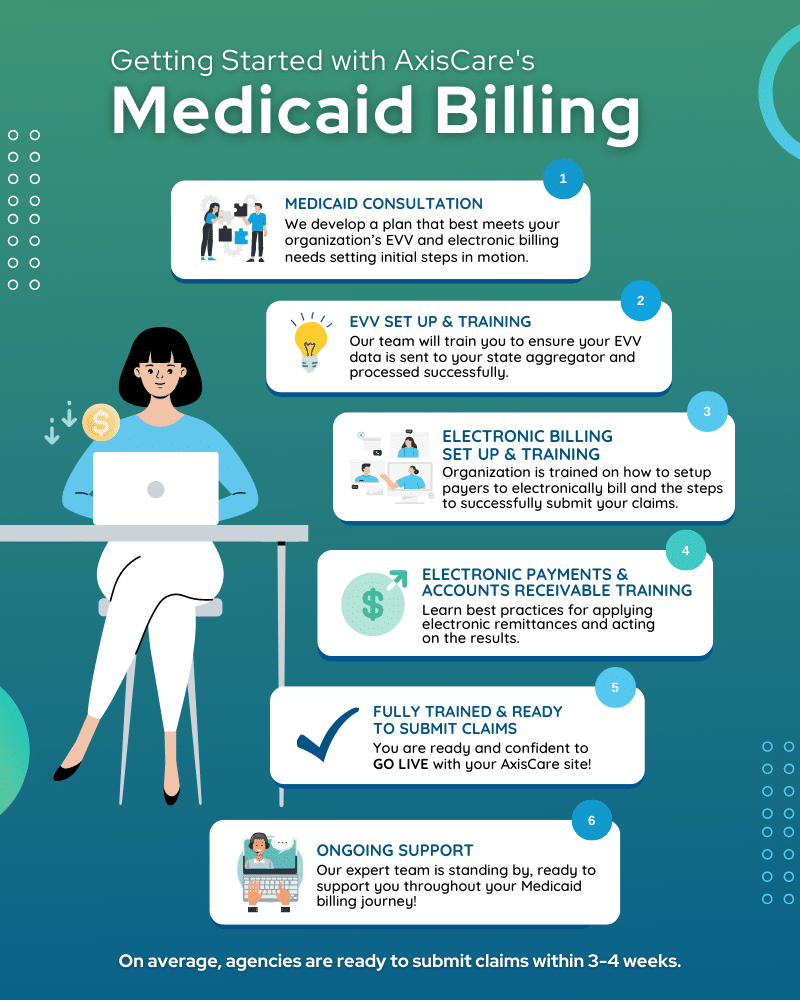EHR
An Electronic Health Record (EHR) contains a patient’s medical history, diagnoses, medications, treatment plans, immunization dates, allergies, radiology images, and laboratory and test results. It can also include other relevant information, such as a patient’s family health history, demographics, and even information about their lifestyle.
Importance of EHR in Home Care
EHRs are particularly important in home care for several reasons:
Improved Care Coordination: Different healthcare providers (e.g., doctors, nurses, specialists) who are caring for the same patient can access and update the patient’s EHR. This can improve coordination of care.
Increased Efficiency: EHRs can help eliminate paperwork and manage scheduling to improve efficiency and productivity.
Patient Participation: EHRs can facilitate better interaction between patients and their healthcare providers. Patients can easily access their health records, which can help them make informed decisions about their health.
How are EHRs Used by Healthcare Professionals?
Healthcare professionals use EHRs in several ways:
Patient History: Healthcare providers can quickly access the medical history of a patient, helping them make appropriate treatment decisions.
Prescriptions: EHRs allow providers to send prescriptions directly to a pharmacy electronically.
Lab Orders and Results: Healthcare providers can directly receive lab results, speeding up the treatment process.
Reminders and Alerts: EHRs can provide reminders for preventive screenings or vaccinations. They can also alert providers to potential problems, such as drug interactions or allergies.





